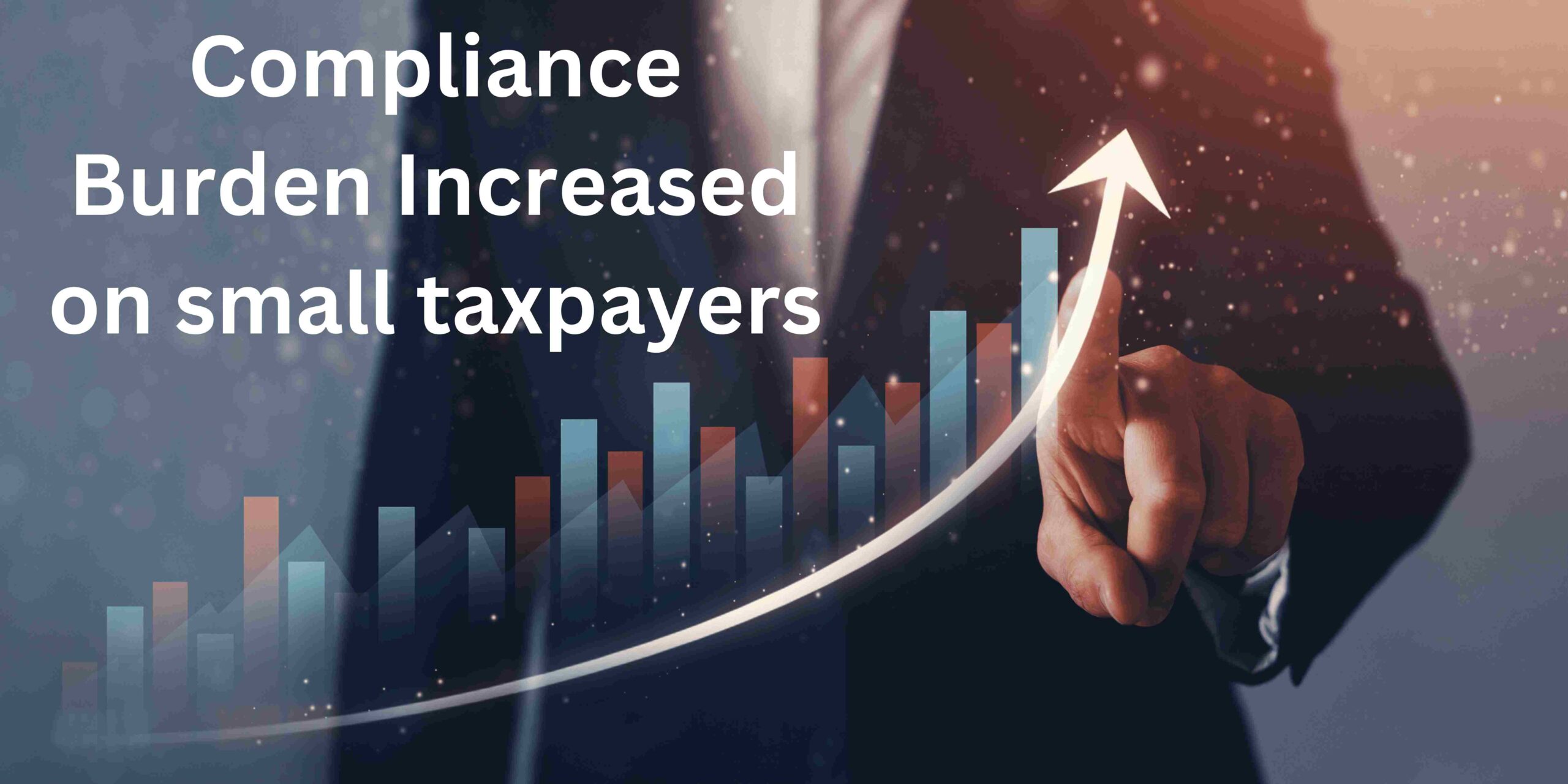Overview about e-invoicing:
Electronic invoicing (e-invoicing) is a system. In this system the taxpayer has to report the B2B invoices. The taxpayer has to report few other documents on invoice registration portal (IRP). The documents are authenticated electronically by GSTN for further use.
The aim of implementing e-invoice is to bring all small businesses under the economy. This is also helpful to improve compliance part. This will be helpful to remove the gaps in revenue collection by the government.
Transactions covered under e-invoice compliances are-
- Taxable B2B sale of goods or services, Business-to-government sale of goods or services covered.
- Exports, deemed exports, supplies to SEZ (with or without tax payment) covered.
- Stock transfers or supply of services to distinct persons, SEZ developers covered.
- Supplies under reverse charge section 9(3) of CGST Act are also required to comply with the e-invoicing provisions.
Transactions need not comply with e-invoicing provisions-
- Business-to-Consumers (B2C) sales.
- Nil-rated or non-taxable or exempt B2B sale of goods or services.
- Nil-rated or non-taxable or exempt B2G sale of goods or services.
- Imports, high sea sales and bonded warehouse sales, Free Trade & Warehousing Zones (FTWZ).
- Supplies under reverse charge covered by Section 9(4) of the CGST Act.
Followings are the changes in e-invoicing
- As per latest Notification (No. 10/2023) dated May 10, 2023; CBIC notified the 6th phase of e-invoicing turnover from 10 crore to 5 crore.
- Hence, all the taxpayers with INR 5 Crore of turnover in any financial year from 2017-18 shall ensure to issue e-invoices from 1st of August 2023.
- With effect from 01st August, 2023 taxpayer needs to report on Invoice Registration Portal (IRP) within 7 days from invoice date. This is required in order to compliance the e-invoicing provisions and also helpful to generate e-invoice by using IR portal. This will be followed by the businesses having Aggregate Annual Turnover (AATO) equal to or more than 100 Crores.
- There is no time limit for reporting the original invoice on IRP of those businesses having Aggregate Annual Turnover (AATO) of less than INR 100 Crores.
Documents required for generating Unique IRN
- Unique IRN is a unique number generated by the e-invoice portal.
- Taxpayer who wants to generate unique IRN must have either Tax invoice, Debit Note or Credit Note.
Can Taxpayer cancel the e-invoice after generation of IRN?
- Taxpayers cannot cancel the invoice partially.
- Invoice should be cancelled fully and if cancelling fully within 24 hours, it can be done on Invoice Registration Portal (IRP).
- Else after 24 hours it can be done manually on GST portal but before return filing.
Penalty for non-compliance with the provision:
- Penalty for non-issuance of e-invoice is 100% of tax due or INR 10,000, whichever is higher.
- Penalty for incorrect or erroneous is INR 25,000.
Disclaimer: The information provided in this content is for general informational purposes only. You should always seek the advice of expert before making any decisions based on the information provided. We do not warrant or guarantee the accuracy, completeness, or usefulness of the information provided. Any reliance you place on such information is strictly at your own risk. We shall not be liable for any damages, losses, or expenses arising out of or in connection with the use of this content.








